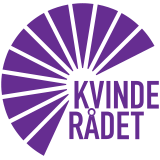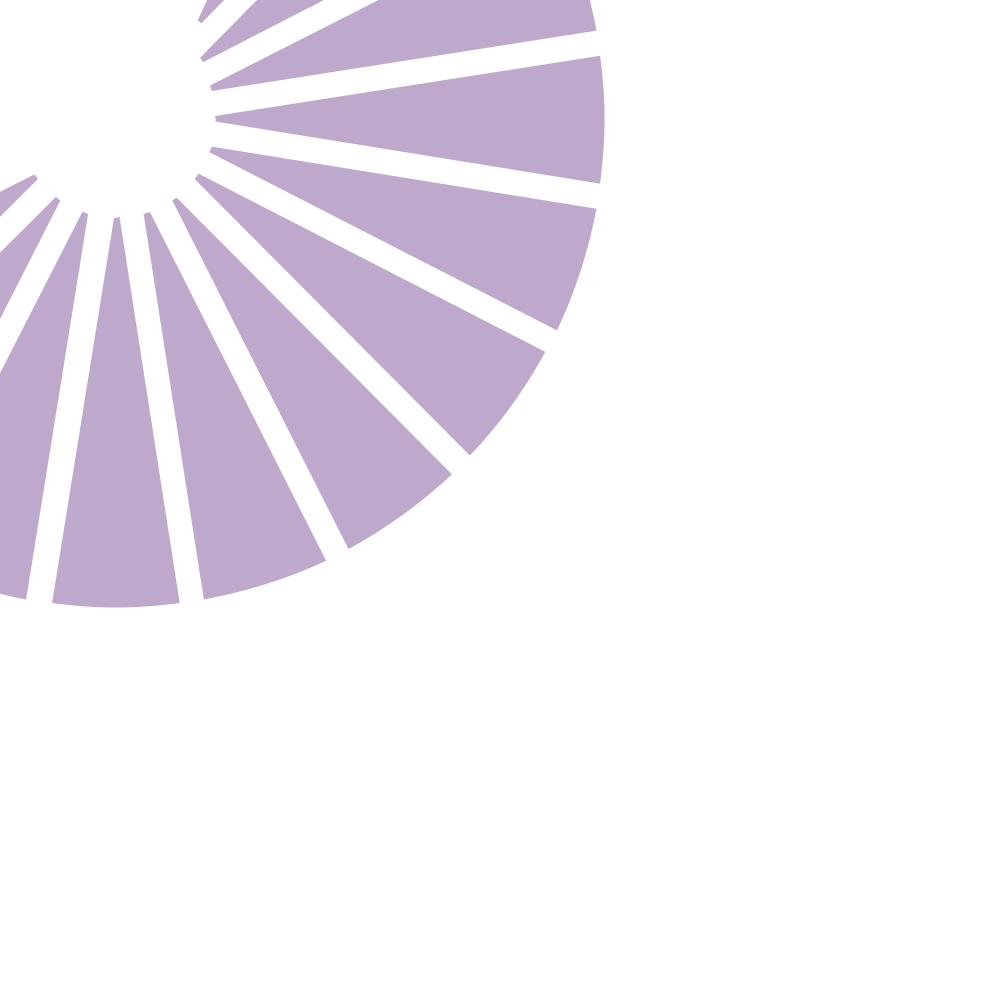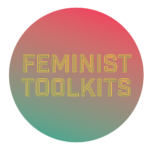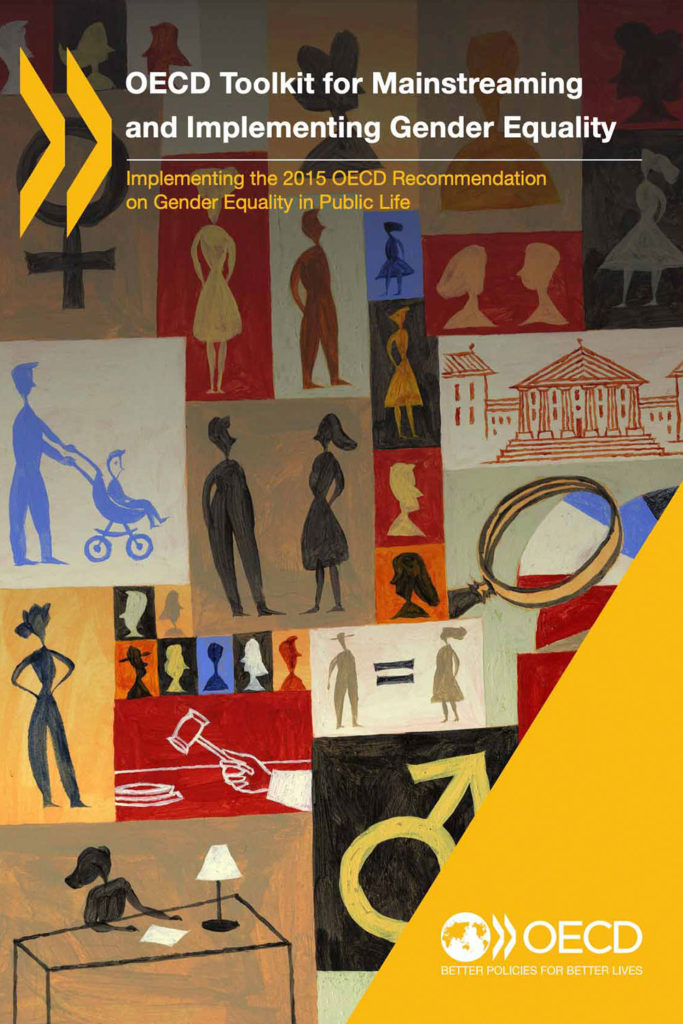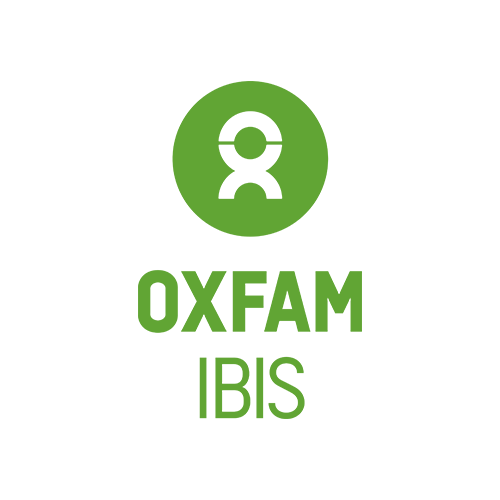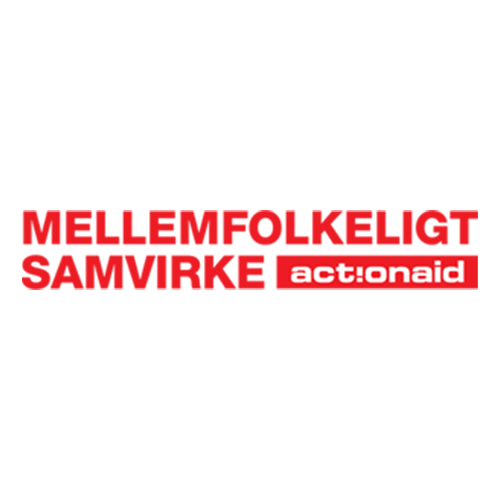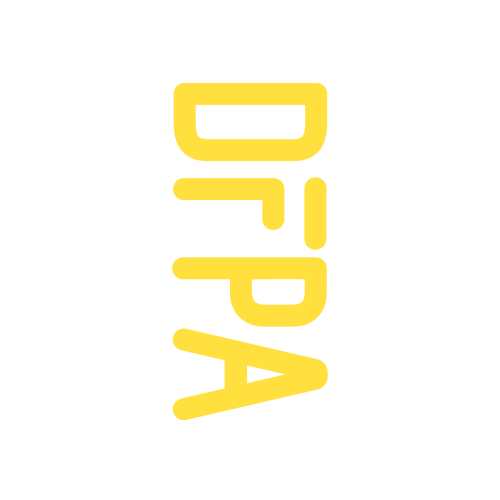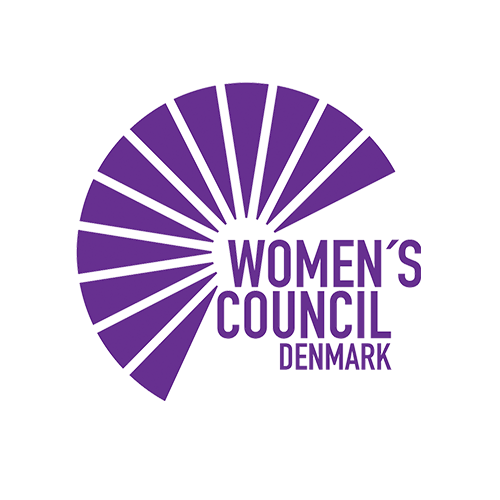OECD Toolkit for Mainstreaming and Implementing Gender Equality
This toolkit identifies proven measures to increase women’s participation across the board and outlines pitfalls to avoid in institutionalising gender equality.
The Toolkit includes
Self-assessment tools under four different pillars:
-
Institutional and governance frameworks for gender equality and mainstreaming
-
Gender-sensitive practices in parliaments
-
Gender-sensitive public employment systems
-
Gender-sensitive practices in the judiciary
The self-assessment tools include:
-
Priority checklists
-
Self-assessment questions
-
A palette of policy actions
Target group: Institutions including executive leadership and senior managers, gender equality institutions, line ministries, national statistical offices, central civil service management departments, parliaments and local deliberative bodies (e.g. councils, assemblies), parliamentary committees or crossparty caucuses on gender equality/women’s affairs, political parties, electoral management bodies (EMBs), civil society organisations and other stakeholders.
Language: English
Website: OECD
Credit: The toolkit and the description above was created by OECD, 2018
Design by SMG Agency | smg-agency.co
OECD Toolkit for Mainstreaming and Implementing Gender Equality
This toolkit identifies proven measures to increase women’s participation across the board and outlines pitfalls to avoid in institutionalising gender equality.
The guide includes
-
Self-assessment tools under four different pillars:
-
Institutional and governance frameworks for gender equality and mainstreaming
-
Gender-sensitive practices in parliaments
-
Gender-sensitive public employment systems
-
Gender-sensitive practices in the judiciary
-
-
The self-assessment tools includes:
-
Priority checklists
-
Self-assessment questions
-
A palette of policy actions
-
Target group: Institutions including executive leadership and senior managers, gender equality institutions, line ministries, national statistical offices, central civil service management departments, parliaments and local deliberative bodies (e.g. councils, assemblies), parliamentary committees or crossparty caucuses on gender equality/women’s affairs, political parties, electoral management bodies (EMBs), civil society organisations and other stakeholders.
Language: English
Website: OECD
Credit: The toolkit and the description above was created by OECD, 2018
Design by SMG Agency | smg-agency.co
Support / Credit
This collection of tools and resources is based on numerous activists’, movement’s and organization’s work and time.
We recommend that you support and credit the work behind the resources you download, by donating, or in other ways supporting groups and organizations behind the tools you use.
Bearing in mind that women’s- feminist- and LGBTIQ+ organizations are acutely underfunded globally, despite the important work they carry out.
Background / Who we are
This site was developed by a Feminist Network in Denmark, consisting of 4 civil society organizations, LGBT+ Denmark, Action Aid Denmark, The Danish Family Planning Association, and the Women’s Council Denmark.
The Feminist Network was formed to guide our own working methods in a more feminist direction. And to inspire and be inspired by the vast amount of knowledge, experience, and practice within the many feminist traditions and movements globally.
The site is an effort to share this with others. And to give visibility and credit to the producers of the many valuable resource and toolkits that are accessible online.
Contact info: kvr@kvinderaad.dk
Support / Credit
This collection of tools and resources is based on numerous activists’, movement’s and organization’s work and time.
We recommend that you support and credit the work behind the resources you download, by donating, or in other ways supporting groups and organizations behind the tools you use.
Bearing in mind that women’s- feminist- and LGBTIQ+ organizations are acutely underfunded globally, despite the important work they carry out.
Background / Who we are
This site was developed by a Feminist Network in Denmark, consisting of 4 civil society organizations, LGBT+ Denmark, Action Aid Denmark, The Danish Family Planning Association and the Women’s Council Denmark.
The Feminist Network was formed to guide our own working methods in a more feminist direction. And to inspire and be inspired by the vast amount of knowledge, experience, and practice within the many feminist traditions and movements globally.
The site is an effort to share this with others. And to give visibility and credit to the producers of the many valuable resource and toolkits that are accessible online.
Contact info: kvr@kvinderaad.dk
